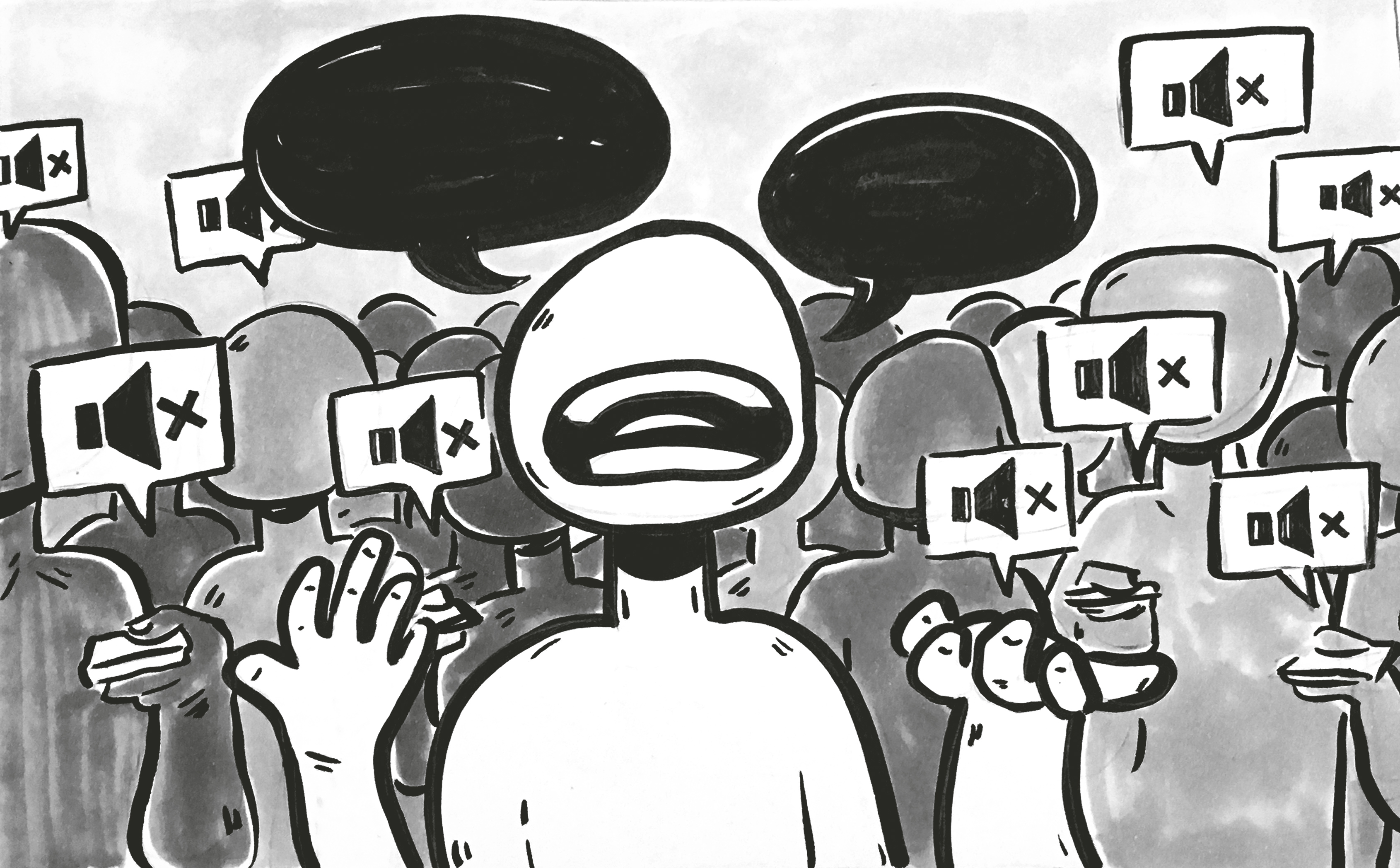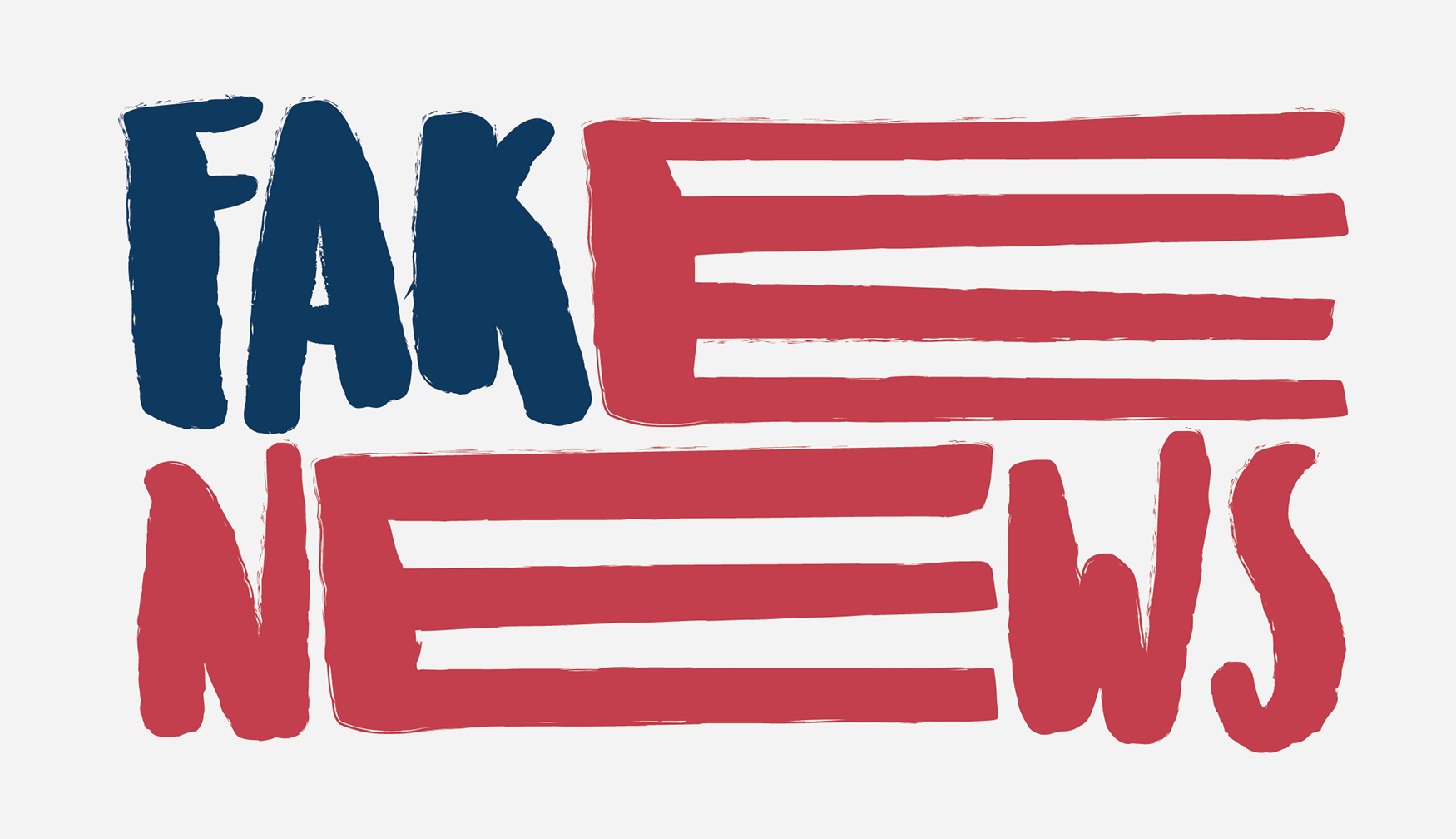In the day and age of social media, it has become incredibly easy to share a message. In a few seconds, you can type out a 240-word tweet, share a Facebook status, upload your personal photos to Instagram, or send a disappearing photo via Snapchat. The world is at your fingertips and your thoughts can be shared instantaneously. But with the world of social media moving as fast as it does, people are spending less and less time thinking about their messages before pressing upload. These posts are typically driven by emotion and they are shared in a moment of vulnerability and posted to the internet to last forever. When the Founding Fathers wrote the Constitution they were not protecting your right to be racist and xenophobic over the internet. The Constitution has been a heavily debated topic over the past few years with trying to modernize rights. With the intense political climate of the world in 2019, should the first amendment protect hate speech?
During the last several months, many mass shooters have shared their hate-filled ideas and manifestos on their personal social media accounts. In the most recent terrorist attack, the shooter warned his followers of a "Hispanic Invasion" and "Cultural Replacement" before carrying out his mass murder. The forum also provided a platform for other bigots to post their hateful speech condemning marginalized groups, particularly people of color.
Freedom of speech protects one's right to speak (or not to speak) out on certain ideas, to protest political issues, and to use offensive words or phrases to speak out about politics. This right was essential during the founding of the US because many of the settlers were escaping Europe because they did not have a voice in their government. This right is a way to guarantee that all US citizens have the opportunity to freely think and speak the way they want, as well as insight a change they wish to see in politics. Freedom of Speech has been used to justify students protesting wars (Tinker v. Des Moines), Americans protesting the draft (Cohen v. California), and other important situations where Americans felt they needed to stand up for some injustice.
In none of these Supreme Court cases was it declared okay to spew angry rants similar to the propaganda that the Ku Klux Klan spreads. Forums and blogs that are filled with disrespect and intolerance for other groups of people are not injustices. Wanting to further dehumanize and deny groups of people their constitutional rights, is not a constitutional right. These sites and pages have a direct correlation with domestic terror attacks and violent hate crimes. This not the same as someone voicing their opinion on a local school board they disagree with.
Freedom of Speech was designed to give Americans a voice to stand up to the government. The Constitution declared it as a basic right that all Americans have and was designed as a way to check the government. But when this "right" allows individuals to spread messages of hate and violence, then it is no longer a creative outlet, it is a threat. In the same sense that freedom of speech does not protect one yelling "bomb" in the airport, freedom of speech should not protect hateful speech.
America was founded on the principle that "liberty and justice for all", and if that diminishes the rights of some to protect the rights of bigots, is it really liberty and justice for all?

